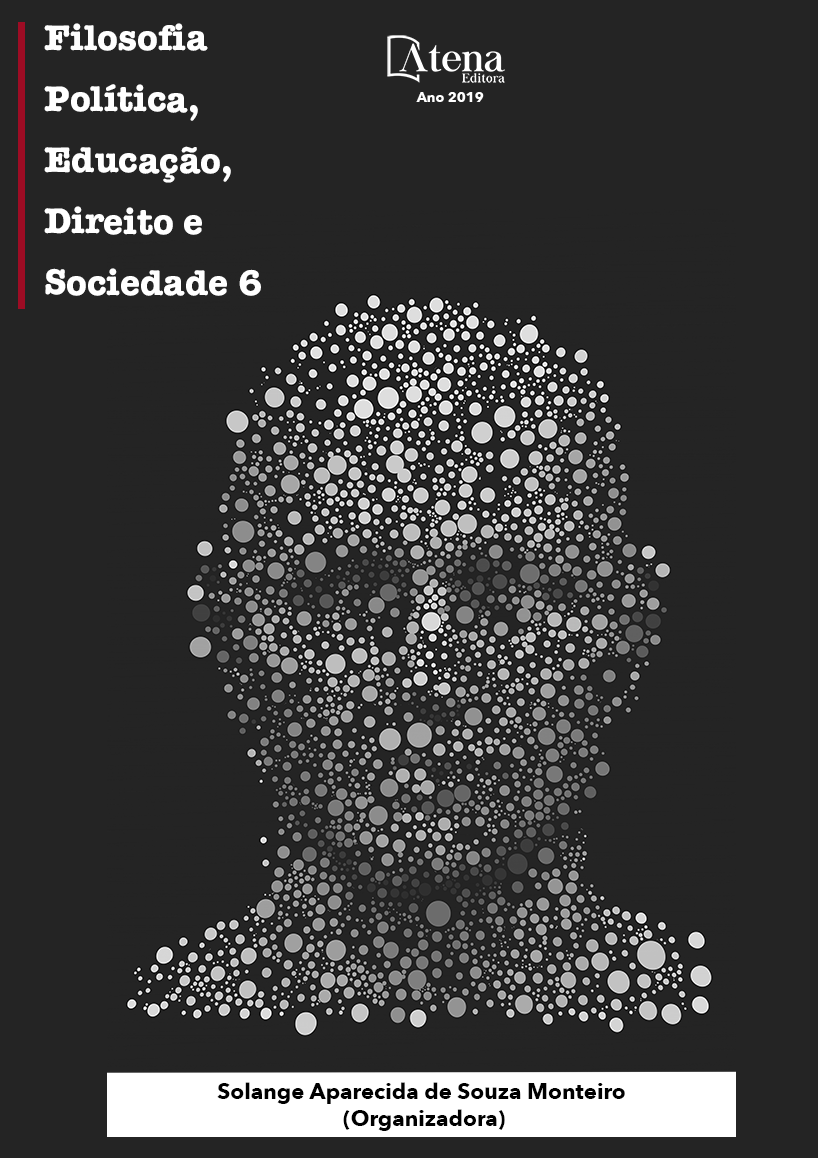
LÍNGUA OU LÍNGUAS PORTUGUESAS ? A VARIAÇÃO LINGUÍSTICA E ENSINO NOS PAÍSES LUSÓFONOS
Vivemos momentos da globalização
em que muita informação corre com mais
rapidez devido às novas tecnologias (redes
sociais, etc). Uma das línguas usadas para
falar e escrever, disseminando esta mesma
informação é o português, língua que varia e
apresenta características peculiares em cada
lugar geográfico e indivíduo pertencente à certa
comunidade linguística. O presente capítulo
procurou proporcionar momentos de debate
e discussão sobre as questões inerentes à
língua portuguesa no espaço lusófono. O
estudo é fundamentado por diversos teóricos
da linguística lusófona que discutem aspectos
da língua, sua variabilidade e mudança com
o intuito debater de forma profunda sobre a
necessidade de se respeitar as variedades
linguísticas, pois, estas constituem resultados
de contextos sociais partilhados entre membros
da mesma comunidade linguística. O texto
mostra a importância de luta e combate contra
o preconceito linguístico que ocorre não só no
ensino (fundamental, médio e superior), mas
também na comunidade no geral. Os debates
e as discussões nos levaram a concluir que
não existem línguas, mas sim uma língua
portuguesa falada na CPLP onde, apesar de
ser oficial, ela vai variando devido aos contextos
locais mais precisos. É o percurso normal que
as línguas seguem e ninguém poderá impedir,
pois elas são dinâmicas e evoluem com o
tempo. A chegada de novos termos, do novo
léxico simboliza a criatividade linguística do
português, fenômeno natural que resulta na
formação de novas variedades
LÍNGUA OU LÍNGUAS PORTUGUESAS ? A VARIAÇÃO LINGUÍSTICA E ENSINO NOS PAÍSES LUSÓFONOS
-
DOI: 10.22533/at.ed.99519040223
-
Palavras-chave: Lusofonia. Variação linguística. Português. Ensino.
-
Keywords: Lusophony. Linguistic variation. Portuguese, Teaching.
-
Abstract:
We live in moments of globalization
where much information runs faster due to new
technologies (social networks, etc.). One of the
languages used to speak and write, disseminating
this same information is Portuguese, a language
that varies and presents peculiar characteristics
in each geographical place and individual
belonging to a certain linguistic community. The
present chapter sought to provide moments of
debate and discussion on the issues inherent
in the Portuguese language in the Lusophone
space. The study is based on several linguistic
theorists who discuss aspects of language, its
variability and change in order to discuss in
depth the need to respect linguistic varieties,
since these are the results of social contexts shared between members of the same
language community. The text shows the importance of fighting and combating linguistic
prejudice that occurs not only in teaching (fundamental, middle and higher) but also in
the community in general. The debates and discussions have led us to conclude that
there are no languages, but rather a Portuguese language spoken in the CPLP where,
although official, it is changing due to the more precise local contexts. It is the normal
course that languages follow and no one can prevent, as they are dynamic and evolve
over time. The arrival of new terms, the new lexicon symbolizes the linguistic creativity
of Portuguese, a natural phenomenon that results in the formation of new varieties.
-
Número de páginas: 15
- Zacarias Alberto Sozinho Quiraque
- Alexandre Antonio Timbane


